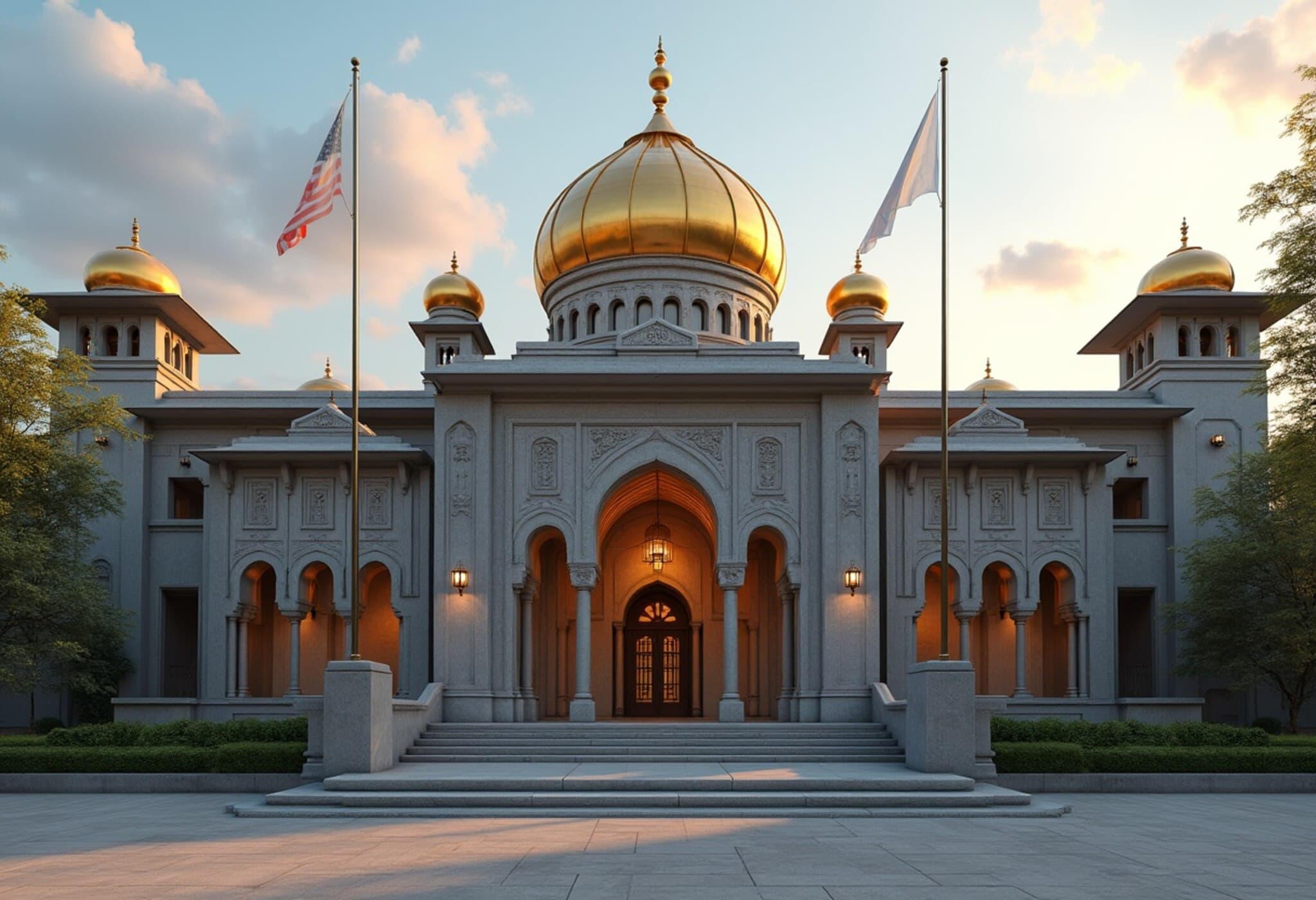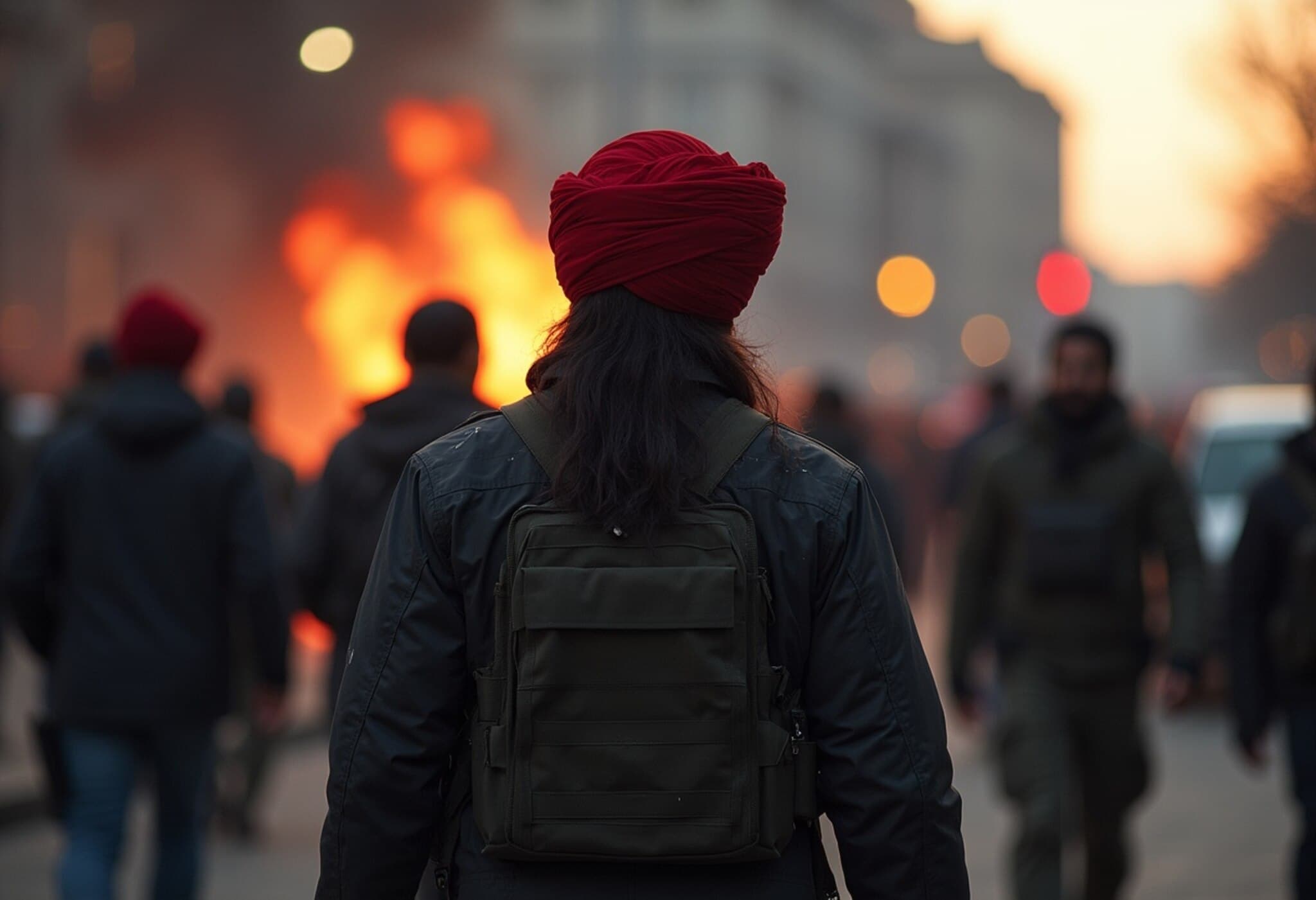Canadian Court Rejects Asylum Claim Based on Khalistan Affiliation
In a significant ruling highlighting the complexities of asylum claims linked to politically sensitive movements, a Canadian federal court recently denied the refugee status of an Indian couple who asserted that their newfound support for the Khalistan movement endangered them if they were to return to India.
Background of the Case
The couple, Amandeep Singh (38) and Kanwaldeep Kaur (32), initially filed for asylum citing harassment related to property disputes and alleged police actions tied to their political affiliations. Later, they augmented their application to emphasize their support for Khalistan — a separatist Sikh movement advocating for an independent state carved out of Punjab, India — as the primary reason for their fear of persecution.
However, the Canadian court found their claim unconvincing. Federal Judge Benoit M. Duchesne remarked that the claim lacked credibility and was “disingenuous and lacking good faith.” The judge concurred with earlier findings from the Refugee Appeal Division (RAD) and the Refugee Protection Division (RPD) of the Refugee Board of Canada, which had both previously dismissed the couple’s appeal.
The Khalistan Movement: Complexities and Controversies
The Khalistan movement emerged during the late 20th century amid allegations of systemic discrimination against Sikhs in India. While it gained some international attention during the 1980s and ’90s, its violent insurgency phase largely ended in India by the mid-1990s. Yet, the ideology still resonates among various Sikh diaspora communities globally, especially in Canada, which has become a significant hub for Khalistan sympathizers and activists.
This intertwined political and cultural identity issue complicates asylum proceedings, as governments must differentiate between legitimate fear of persecution and potential misuse of asylum protections for political activism abroad.
Key Details from the Judgment
- The applicants originally did not mention Khalistan in their asylum application, only later including it as a basis for fear of persecution.
- The couple claimed experiences of harassment including questioning, threats, accusations of militancy, physical assault, and in the case of Kanwaldeep Kaur, sexual assault and forced collection of fingerprints and signatures.
- Authorities noted inconsistencies in their statements and raised concerns about the timing and sincerity of emphasizing their Khalistan affiliation.
- The RAD and RPD concluded that their involvement with the Khalistan movement was not the genuine driver of their claim but rather a retrospective addition aimed at strengthening their asylum case.
Implications and Broader Context
This decision underscores the increasing judicial scrutiny of asylum applications based on political affiliations, particularly those connected to separatist or controversial movements.
For policymakers and immigration authorities, the ruling highlights the delicate balance between protecting individuals genuinely at risk and preventing the exploitation of asylum systems for political purposes. It also brings attention to the ongoing challenges faced by nations like Canada, which hosts vibrant immigrant communities engaged in complex transnational political debates.
Expert Insight: Experts in immigration law note that this case exemplifies how evolving political identities can complicate asylum narratives. Legal analyst Dr. Priya Kapoor commented, “When claimants amend their stories to include politically sensitive affiliations after initial filings, it often casts doubt on their credibility. Courts must, therefore, meticulously examine motive and consistency to uphold justice and asylum integrity.”
What Lies Ahead?
While the couple’s appeal was rejected, the ruling does not diminish the challenges faced by many from volatile political contexts seeking refuge abroad. It also invites a broader conversation around how asylum systems worldwide can adapt to new forms of political claim-making in an increasingly polarized global landscape.
Editor’s Note
This case reflects the intricate intersection of diaspora politics, immigration law, and international human rights. Readers are encouraged to consider the difficult task that courts face in disentangling genuine persecution claims from potential strategic uses of asylum. How should legal systems evolve to balance compassion with rigorous scrutiny? The ongoing debates surrounding Khalistan and similar movements in diaspora communities underscore the need for nuanced, context-driven immigration policies.
















